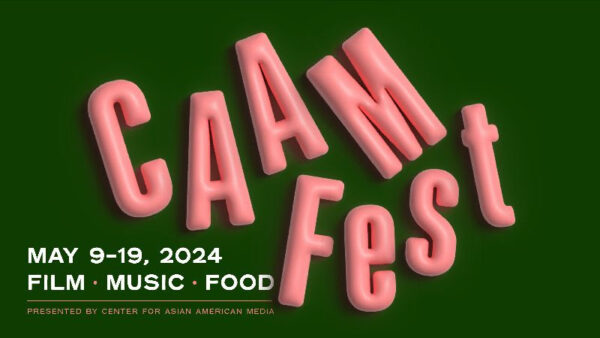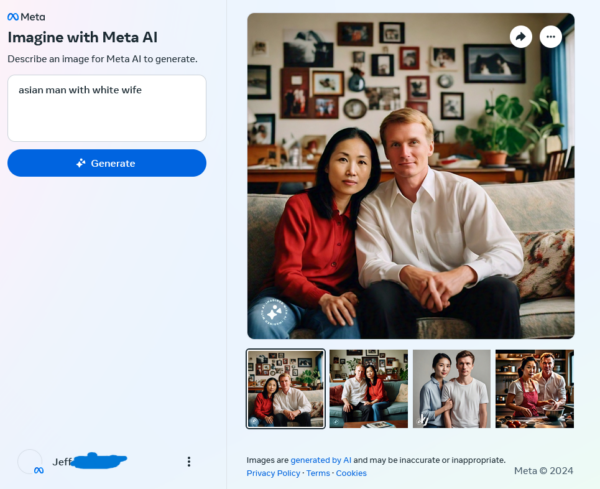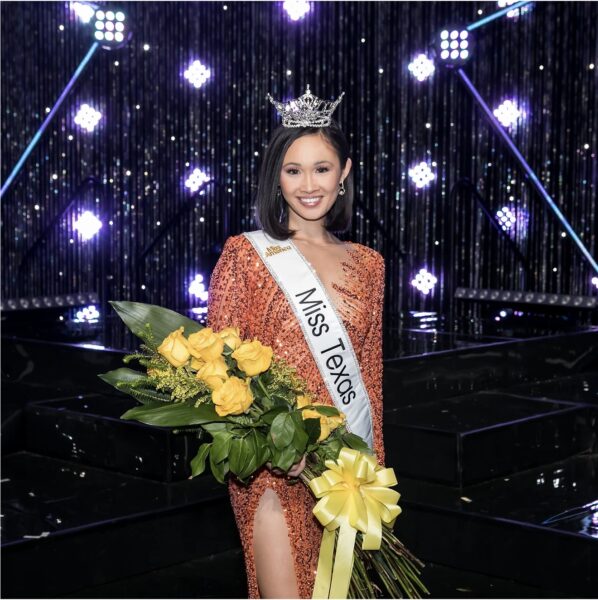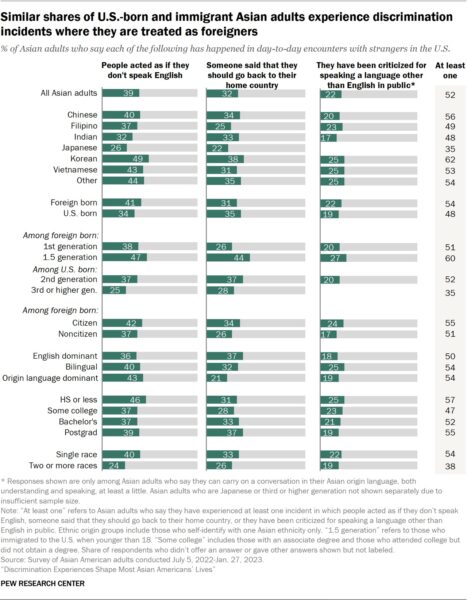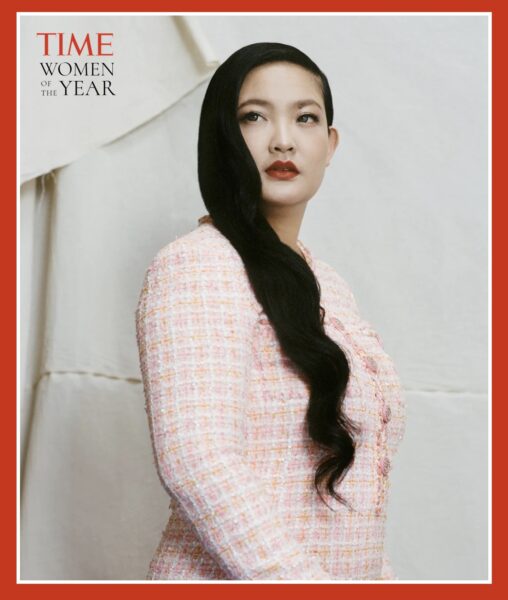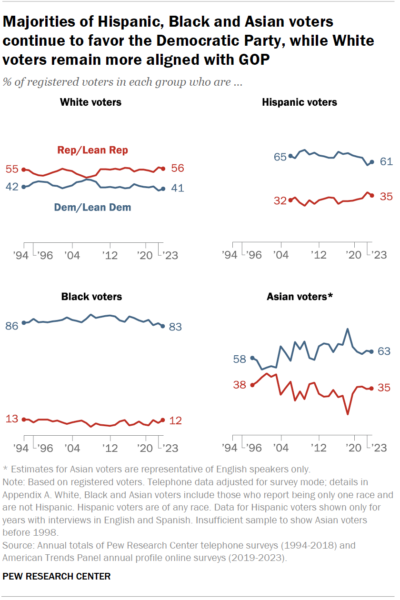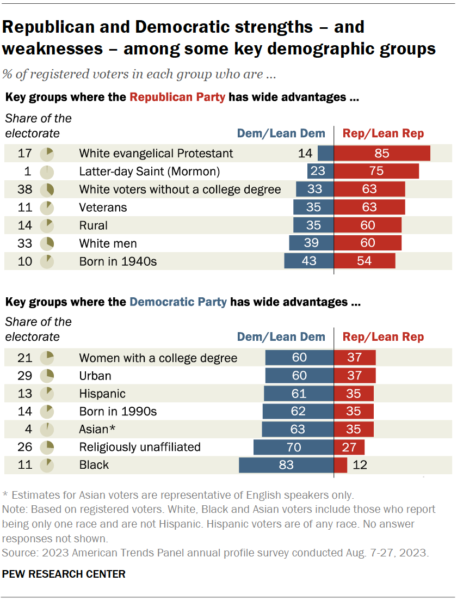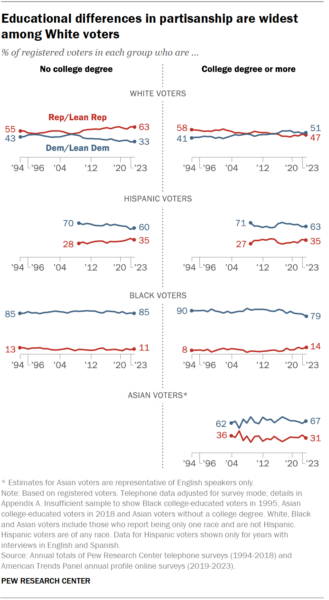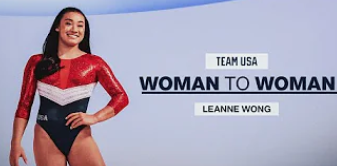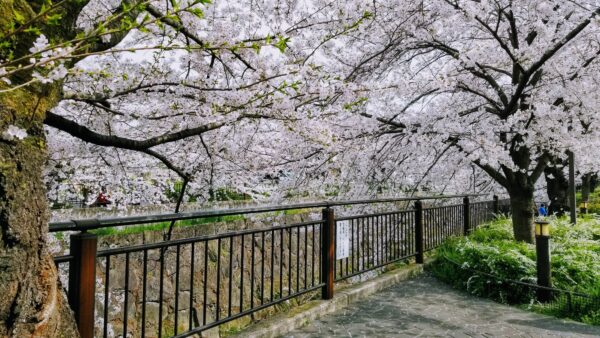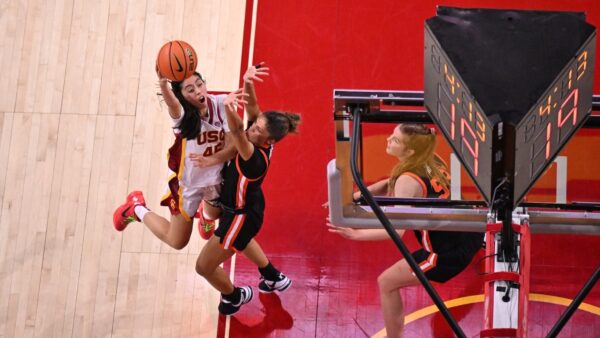The Center for Asian American Media (CAAM) recently announced its fully in-person program for CAAMFest 2024, which will take place May 9-19, 2024 in San Francisco and Oakland. This year’s festival will include over 35 programs that will spotlight film, food, music, and ideas.
Last year, the opening night film was Joy Ride. This year, the opening night film will be the documentary, Admissions Granted:
“In the run-up to the landmark Supreme Court case pitting Asian American plaintiffs against Harvard University, controversial legal strategist Edward Blum took direct aim at dismantling affirmative action, energizing activists on both sides. Admissions Granted tracks the case’s emotional, high-stakes journey to the Supreme Court. Directors Hao Wu (76 Days and 2022 CAAM Mentor) and Miao Wang (CAAM-Funded Beijing Taxi) weave interviews, news archive, and verité footage to produce an honest and hard look at the complexity of the affirmative action debate, revealing the divisions within the Asian American community and our nation’s increasing polarization on matters of race and inclusion.
Expected Guests in Attendance: Directors Hao Wu and Miao Wang”
The Opening Night film screening will take place at the Palace of Fine Arts Theatre—followed by the Gala at the Asian Art Museum in San Francisco.
Screenings will take place at SFMOMA, the Roxie and the Great Star Theater. The Centerpiece Documentary, Centerpiece Narrative, and SF Closing Night presentations will take place at SFMOMA. The festival will wrap up at New Parkway Theater in Oakland, for a day of screenings and a collaboration with the People’s Kitchen Collective. This year’s food and music programs will be held at various restaurants and venues, including Damansara restaurant and the Yerba Buena Gardens.

